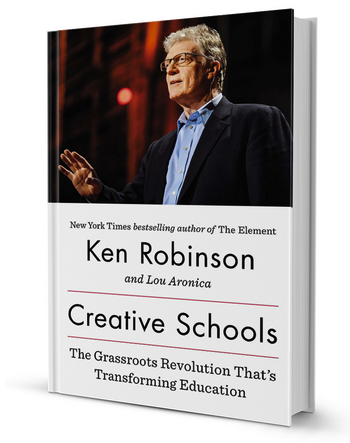New Zealand as a nation has some very concerning statistics about the wellbeing of our young people. Whilst there has long been talk about our teen pregnancy rates and heart breaking ability to top youth suicide rankings, in 2017, Unicef still found major concerns around aspects of wellbeing including work prospects, suicide, health and bullying (https://www.unicef-irc.org/publications/pdf/RC14_eng.pdf)
In 2015, The Education Review Office released a well-publicised report called Wellbeing for Young People’s Success at Secondary School (http://www.ero.govt.nz/publications/wellbeing-for-young-peoples-success-at-secondary-school/). This report highlighted the impacts that a lack of wellbeing education and over-assessment were having on students across the country.
At Lynfield College, we had also noticed rising stress and wellbeing issues amongst our students. These concerns resulted in an increased focus of how we could help our students. Continue reading






